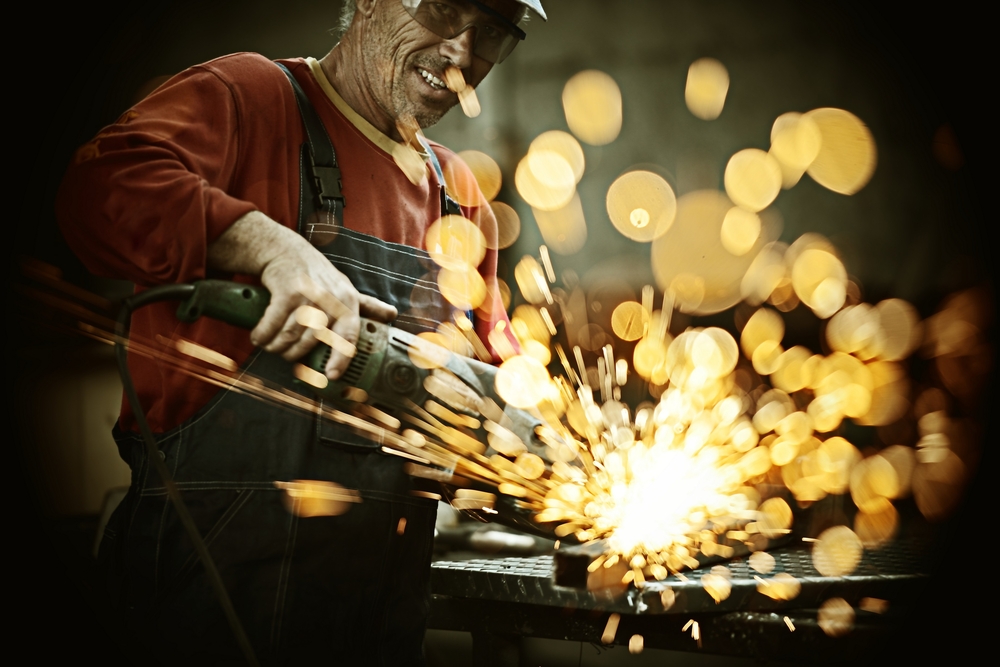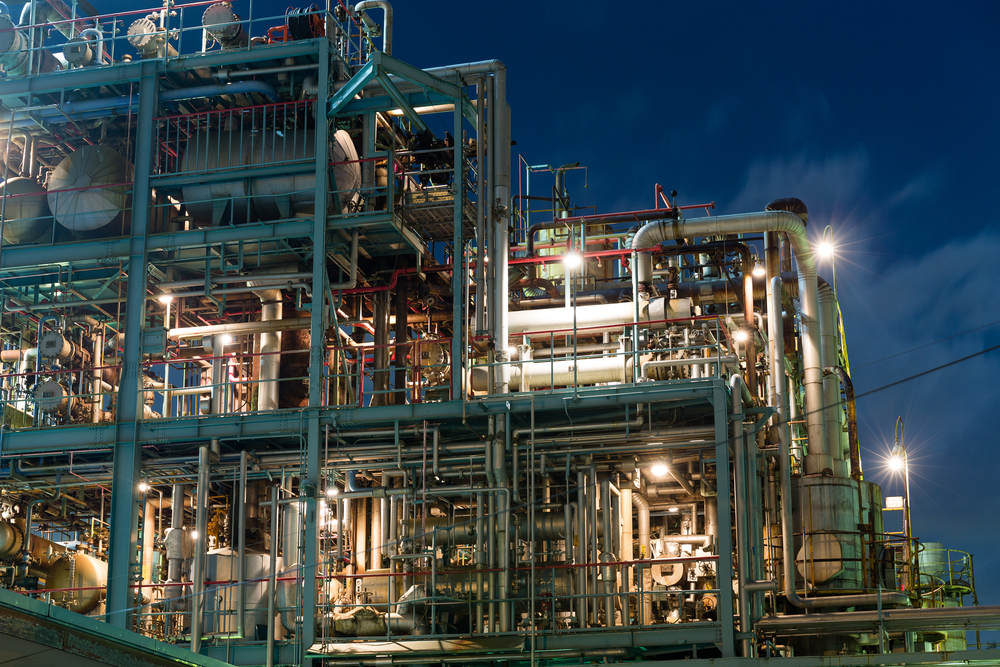The impacts of the Covid-19 pandemic have been significant and far-reaching across industries and geographies. Although Engineering and Manufacturing are in many cases deemed ‘essential’ through the production of food and healthcare products, facilitating communication during lockdown and maintaining national cyber security, these sectors have suffered considerable negative effects.
Tata Motors reports significantly reduced vehicle production and wholesale volume, meaning lower profits for Jaguar Landrover, and new product launches such as the Mercedes-Benz GLA have been forced to cancel or postpone. An industry analysis performed by KPMG predicts the closure of car plants and hundreds of factories connected to the Automotive sector before the end of 2020, meaning that the economies of London and the West Midlands could shrink by 7.3% and 10.1%respectively.
However, the flexible and innovative strategies of many major industry players prove that with every challenge comes a new opportunity. Although diversification of a new product or service into a new market is normally a very risky business strategy, a turnaround during a crisis such as a pandemic can revitalise ailing organisations and even drive new business growth. Here’s how five Engineering and Manufacturing firms have previously diversified during times of difficulty to achieve success.
5 Engineering & Manufacturing Companies That Adapted to Crises/Market Changes
1. Grace Technologies – Sports
From its beginnings over 50 years ago, Grace Engineering has embraced major shifts in production and pivoting business strategy to match market needs and global events. Following the collapse of its main customers, the impact printing industry, Grace pivoted into the Automotive and medical industries to supply a precision machining, grinding and embossing services.
The firm’s next diversifying moment was conceived from a potential opportunity rather than a crisis. In recent years, the organisation followed the steady increase in sports participation and interest in group outdoor activities by designing a metal injection process to make broadheads, a component of arrowheads used in archery. The company expanded into additional archery products, which complements their ever-growing product portfolio including electrical safety devices and smart technology, also conceived from detailed market research and strategic capitalisation. Grace has seen year-on-year revenue growth for the past decade and a 15% growth revenue growth in the last year.

2. Coty – Hand Sanitizer
Whilst American company Coty has operated for over a hundred years as a manufacturer of cosmetics and beauty products, the conglomerate fast diversified in response to Covid-19. On March 25th 2020 – mere days after the US began implementing lockdown – Coty announced that it had already started manufacturing hydro-alcoholic gel to fulfil the high demand for hand sanitizer.
Coty began producing tens of thousands of units of hand sanitizers per week, and also committed to producing face masks to help prevent the spread of the virus. In addition to the company’s swift response in an emergency situation, the strategic move also aimed to benefit society, with thousands of units promised in donations to health and social care workers, and employees, with products given directly to Coty employees working in plants, pharmacies and retail outlets.
‘As a responsible beauty company, we make our resources and facilities available to help the communities we are operating in during these exceptionally challenging times,’ commented Coty CEO Pierre Laubies. ‘We are proud to support the brave professionals fighting on the frontlines against COVID-19 by providing hand sanitizer where it is needed. We are incredibly proud of our associates who are stepping up to contribute to the global fight against COVID-19.’
3. Hewlett-Packard – Computing
Founded in 1939, Hewlett Packard (HP) was initially created to produce audio equipment. Although its products were successful and were even used by Disney in one of its first major feature films, the audio machines required intricate design and many laborious engineering and production specifications.
In the 1960’s, HP conducted extensive market research and decided to take a business-critical risk by capitalising on the growing yet undervalued computing market. HP used its existing Engineering skills and experience to create desktop printers – and it’s now hard to imagine the company not dominating the printer market.
For the past 40 years HP have delivered a full range of computer and technology equipment. The company has since acquired Compaq in 2002, EDS in 2008, 3com in 2009 and Palm Inc and 3PAR in 2012. The firm is now the world's largest personal computer vendor, employees over 60,000 people and ranked at #58 in the 2018 Fortune 500 list of the largest American businesses by total revenue.

4. Samsung – Military Equipment
Whilst technology giant Samsung is a market leader in communication devices such as mobile phones and televisions, the company has a surprising history in multiple diversifications.
In 1983 Samsung capitalised on growing globalisation and concerns around the escalation of the Cold War to launch a Military branch of the business. Samsung Techwin manufacturers products that deliver surveillance, aeronautics, automation, and weapons technology. The Defence branch has since expanded to produce artillery systems, ammunition resupply and amphibious assault vehicles and other weapons.
In a significant shift away from both technology and Defence, the technology brand also owns South Korea's largest theme park. Opened in 1976, Everland grew from farm-focused attractions and now offers a zoo and water park for its 6million annual visitors. The park has seen continued success and, despite the reign of superbrands like Disney and Six Flags, currently ranks nineteenth in the world for amusement park attendance in 2018.
Samsung’s diverse range of over 80 business branches enable the company to enter into new markets after careful research to capitalise on opportunities that suit its existing skillset, and protect the business from major impact to any one industry.
5. Airbus & Formula One – Ventilators
When the UK government issued a call for the manufacturer and production of life-saving ventilators, Engineering and Manufacturing companies across Britain responded immediately. An initial 30,000 medical machines were requested to aid the breathing of Covid-19 patients and help severely ill individuals get back on the road to recovery. The public call for help was answered by a variety of companies across industries and saw many major players – in some cases, even competitive rivals – who took leave from their usual business practices to work together for the greater good.
Medical device maker Penlon was supported by major brand names in adapting its existing ventilator production to increase the speed and volume of production. Aircraft manufacturer Airbus, industrial technology and automation provider Siemens, Automotive company Ford and several Formula One motor racing teams joined various other firms to form the Ventilator Challenge UK consortium.
The consortium worked to deliver the existing Penlon Prima ESO2 model at rapid speed and mammoth scale. In under a week, the collective transformed the Welsh Government-owned AMRC Cymru facility in Broughton, North Wales, from a research and development centre into an assembly line to produce medical ventilators. Under normal circumstances, Penlon could generate up to 60 ventilators a week: the diverse consortium team created more than 10,000 ventilators in just 14 weeks. With 1,500 ventilators built each week, the UK health and social care sector could now benefit from the equivalent of six months’ UK ventilator production in just one day.
Simon Hart, Secretary of State for Wales comments on the project: ‘We are extremely grateful to the Ventilator Challenge UK consortium, involving some of the UK’s most iconic businesses, for stepping forward to work with government and meet the unprecedented challenge created by the pandemic. The fight against coronavirus is a collective national effort and the production of hospital ventilators for the NHS has made a real difference.’
Automotive and Motorsport teams across Britain, including Ferrari and Mercedes, have also stepped up to shift production to ventilators and other life-saving medical equipment products.
Discover How Airlines are Getting Back to Business After Covid-19 or read about 5 Automotive Brands That Bounced Back from Crisis.
Is your workforce returning to the office or worksite? Read more about Social Distancing Equipment.





